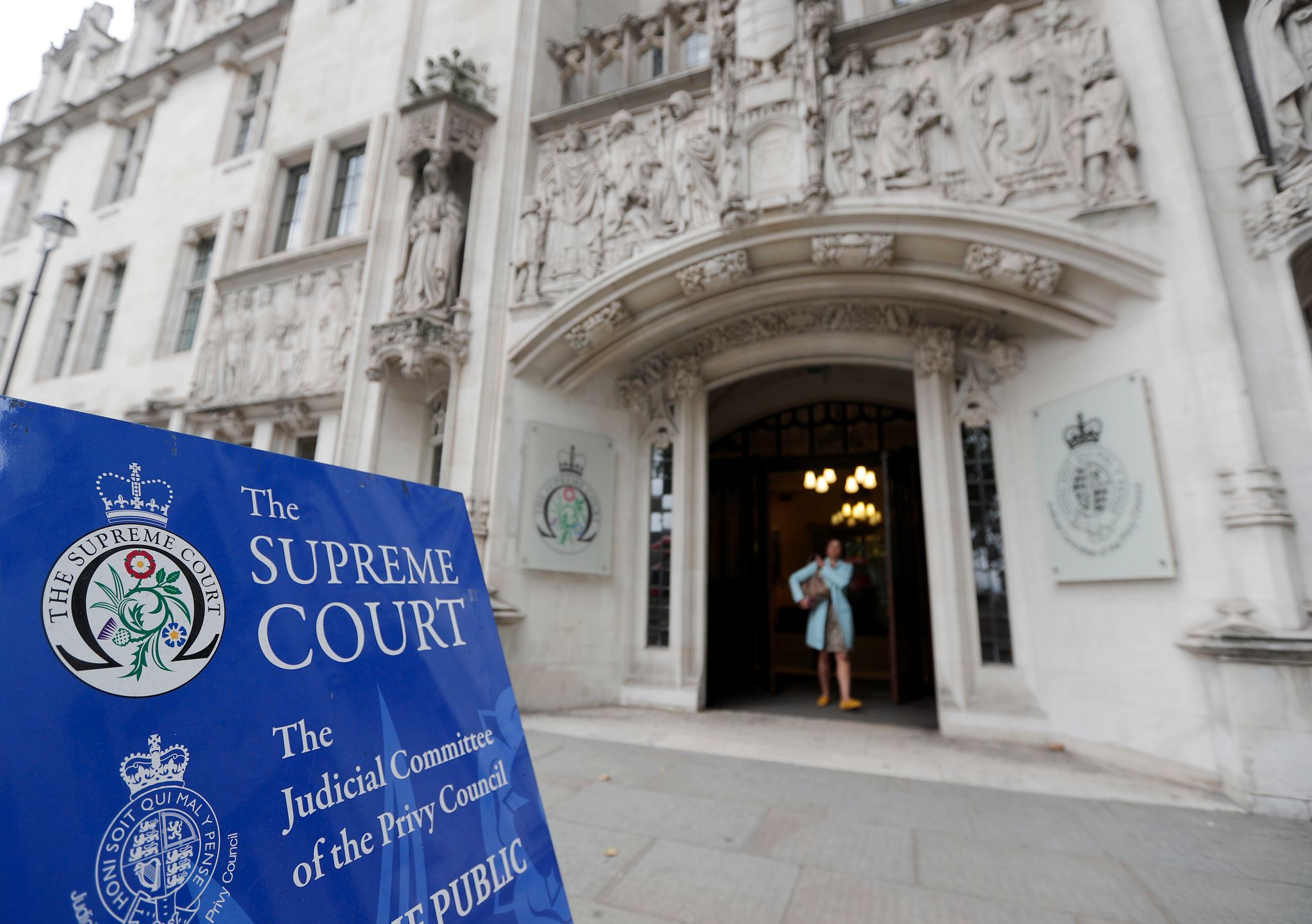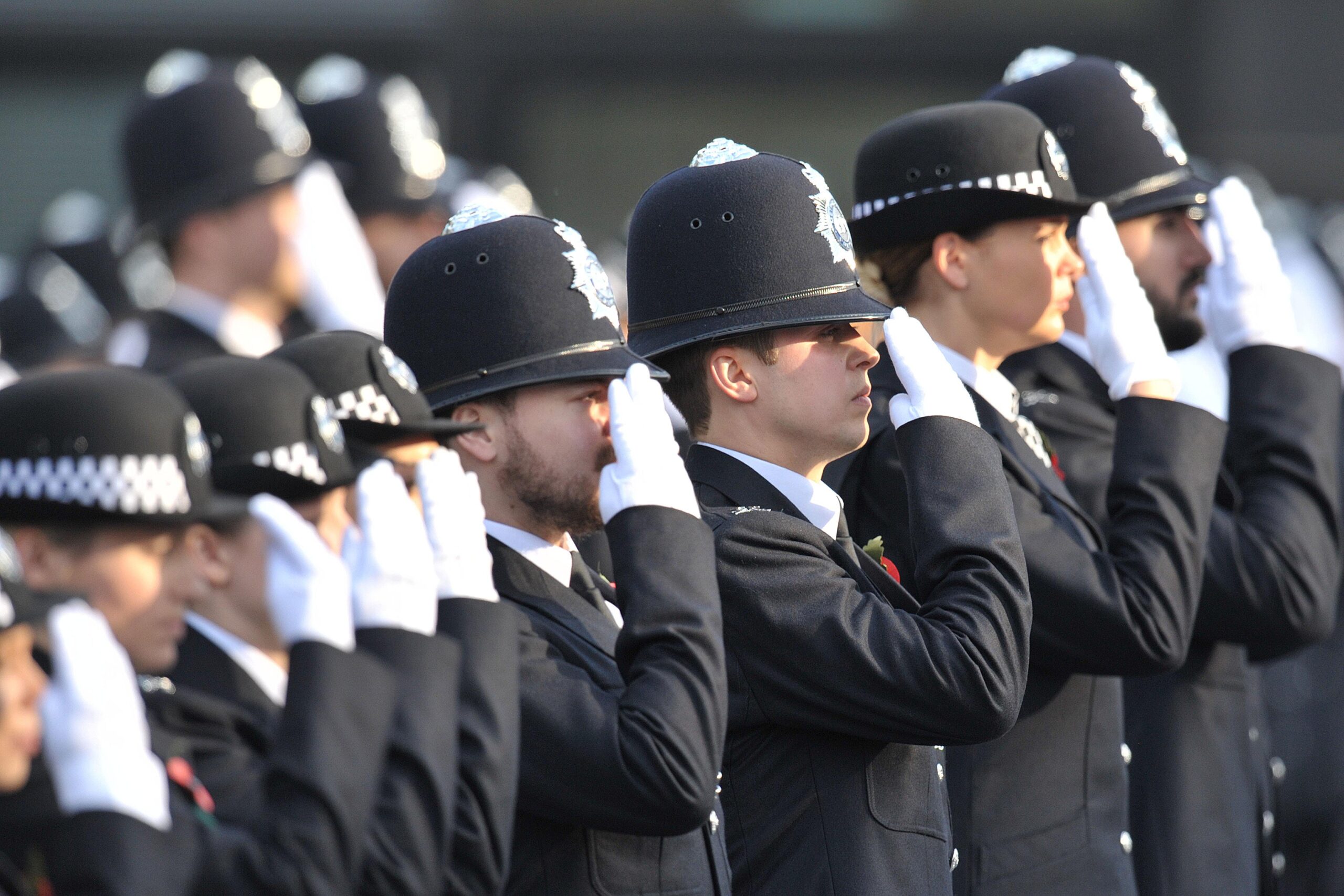The UK Supreme Court has delivered a landmark ruling in a case brought by the Scottish women’s rights group For Women Scotland, clarifying that the definition of “woman” under the Equality Act 2010 is based on biological sex, excluding transgender women with a Gender Recognition Certificate (GRC). This decision not only resolves a contentious interpretation by the Scottish Government but also has far-reaching implications for gender recognition policies, single-sex spaces, female athletes’ rights, and societal attitudes, particularly in Scotland and across the UK.
Ruling Background: Prioritising Biological Sex
The case stemmed from a 2018 Scottish Parliament bill requiring public bodies to allocate at least 50% of positions to women, which included transgender women with GRCs in its definition of “woman”. For Women Scotland argued this interpretation undermined the rights of biological women under the Equality Act 2010. After losing in lower courts, the group appealed to the Supreme Court. Following a two-day hearing in November 2024, five justices unanimously ruled that the definition of “woman” is rooted in biological sex, stating that including GRC holders would render the law “incoherent and impractical”.
The ruling establishes that single-sex spaces (e.g., women’s toilets, shelters, prisons), services (e.g., healthcare, sports), and policies (e.g., gender quotas) should primarily apply to biological women, marking a pivotal moment in the UK’s gender equality debate.
Impact on Gender Recognition Policies
The ruling poses significant challenges to gender recognition policies in Scotland and the UK:
- Limited GRC Efficacy: The Gender Recognition Act 2004 allows transgender individuals to change their legal sex via a GRC, but the ruling clarifies that GRCs do not confer “woman” status under the Equality Act. Transgender women may be excluded from single-sex spaces or services, diminishing the practical value of GRCs.
- Restrictions on Single-Sex Spaces: Women’s prisons, shelters, and toilets will be more strictly allocated based on biological sex, reducing incidents like the “Isla Bryson case” (where a transgender woman was placed in a women’s prison, sparking controversy). While this may enhance biological women’s sense of safety, it could limit transgender women’s rights, raising inclusivity concerns.
- Reform Setbacks: Scotland’s 2022 Gender Recognition Reform Bill, which aimed to introduce self-identification (self-ID) without medical diagnosis, was vetoed by the UK Government. The ruling further hinders such reforms, potentially escalating tensions between the Scottish and UK Governments and fuelling debates in the Scottish independence movement.
- Public Sector Adjustments: Public bodies and businesses must revise gender policies to align with biological sex standards, which could increase administrative burdens and spark workplace discrimination disputes.
Specific Impact on Female Athletes
The ruling significantly affects female athletes (biological women), particularly in terms of competitive fairness, opportunities, and psychological well-being:
- Ensuring Fair Competition: Women’s sports will primarily be restricted to biological women, addressing concerns about transgender women (who may retain physical advantages) competing. This is crucial for strength-based sports (e.g., weightlifting, athletics), ensuring female athletes compete on a level playing field. Cases like that of US transgender swimmer Lia Thomas, which stirred controversy, are likely to become rare in the UK.
- Protecting Opportunities and Resources: Medals, scholarships, sponsorships, and professional contracts will prioritise biological women, fostering grassroots women’s sports. Schools and local clubs may see increased female participation, bolstering long-term competitiveness.
- Improving Psychological and Environmental Conditions: Female athletes may experience reduced stress due to assured fairness, while the comfort of women’s changing rooms and facilities is likely to improve. Athletes like British swimmer Sharron Davies, who publicly opposed transgender women in women’s sports, may find greater support.
- Challenges and Uncertainties: Eligibility verification may require proof of sex, raising privacy concerns. Policy conflicts in international competitions (e.g., the International Olympic Committee allowing transgender women to compete) could disadvantage British female athletes globally. The transition period may also bring rule confusion or competition delays.
Broader Impact on Non-Transgender Individuals
The ruling affects non-transgender individuals, particularly biological women and men, in multiple ways:
- Biological Women: Single-sex spaces (e.g., shelters, medical facilities) gain enhanced safety and privacy, and gender equality policies (e.g., workplace quotas) more clearly benefit biological women. However, publicly supporting the ruling may invite social backlash, and inconsistent policy implementation could cause inconvenience.
- Biological Men: Men’s sports and facilities may become more clearly based on biological sex, indirectly ensuring fairness. However, allocation issues for transgender men could create new disputes in shared spaces.
- Society at Large: The ruling provides a clearer legal framework, boosting public trust in the law, but it also deepens polarisation over gender issues. Debates on platforms like X may intensify, affecting non-transgender individuals’ public expressions. Adjustments to gender policies in schools, workplaces, and public spaces could increase administrative burdens or adaptation challenges.
Societal and International Reactions
The ruling has sparked diverse reactions. Women’s rights groups hail it as a “victory for women’s safety”, while transgender rights advocates criticise it for curbing equality. The Scottish Government has yet to clarify whether it will amend laws in response, but further clashes with the UK Government are likely. In the long term, the ruling could influence the Scottish independence debate.
Globally, the ruling may shape gender policies in Commonwealth nations (e.g., Canada, Australia), potentially fostering a trend towards biological sex-based laws. International human rights groups may critique its impact on transgender rights, spurring global gender equality discussions.
Conclusion: Balancing Rights and Challenging Inclusivity
The UK Supreme Court’s ruling redefines “woman”, strengthening protections for biological women’s rights, particularly in single-sex spaces, women’s sports, and gender equality policies. However, it restricts transgender women’s rights, raising inclusivity concerns and potentially deepening societal divides. For female athletes, the ruling ensures fair competition and opportunities but faces challenges from international policy discrepancies and transitional uncertainties.
As the Scottish and UK Governments navigate the ruling’s aftermath, the future of gender policies will hinge on society’s ability to balance biological sex and gender identity. This decision will undoubtedly continue to ripple through legal, sporting, and cultural spheres, shaping the UK’s and the world’s gender equality landscape.




